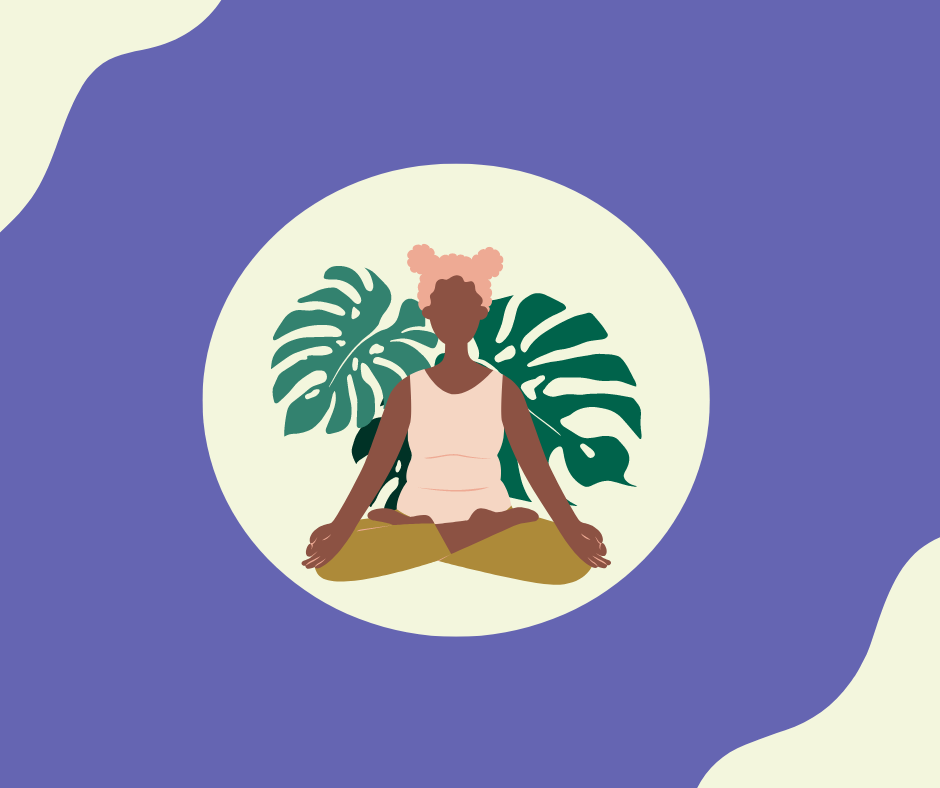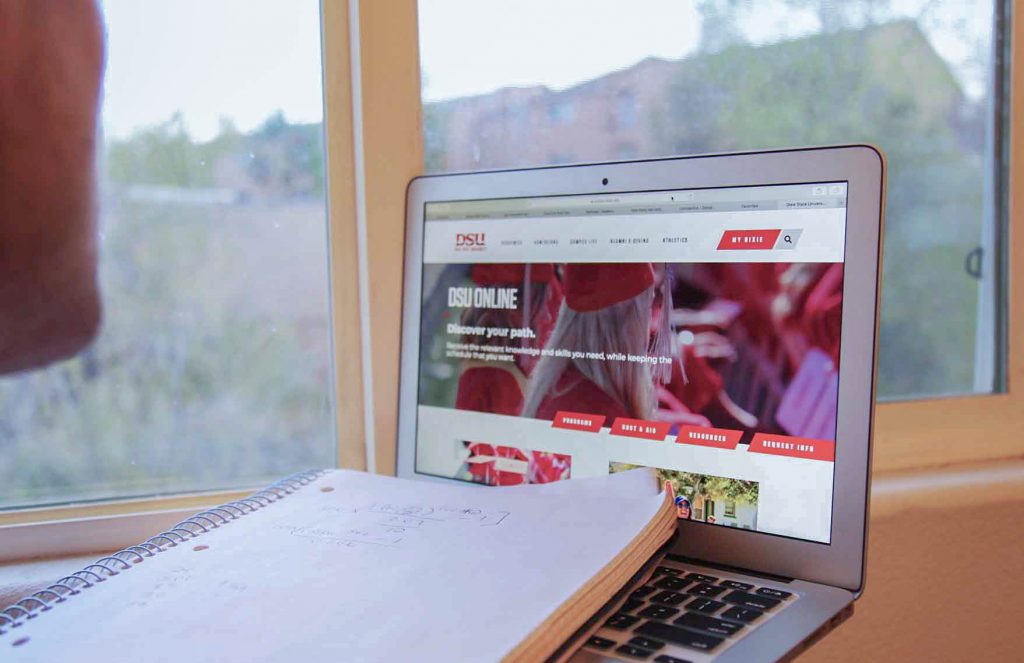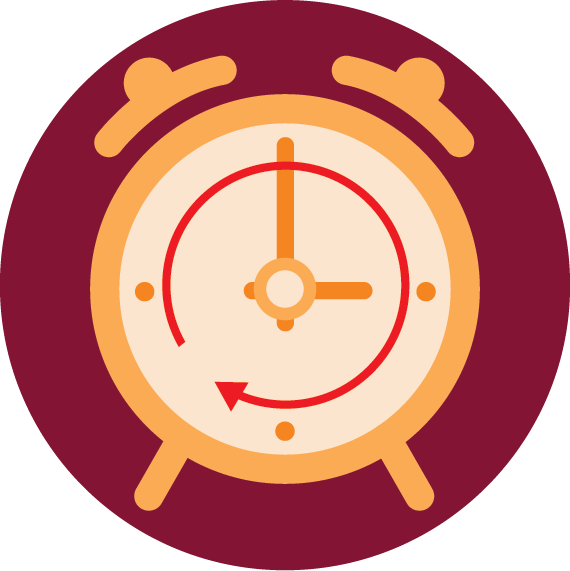Mental health is a growing concern nationwide among college students with up to 60% facing at least one mental health challenge.
For years, students have been faced with anxiety and stress while in school, something that only gets worse each year. The topic of mental health awareness is also growing with many schools looking to match the students’ growing demand for care.
Utah Tech University’s Booth Wellness Center (BWC) is aiming to match this demand and give students a place to go when they’re in need of help. The BWC is a comprehensive integrated care clinic offering both medical and mental health services to students.
“Booth Wellness Center medical providers offer acute care services including sick visits, minor wound care, well checks, medical testing and lab work,” said Jamy Dahle, assistant director of the BWC. “Mental health services include individual therapy, group therapy, crisis intervention and wellness workshops.”
Dahle said the BWC also provides health education and prevention services through classroom presentations and wellness events.
Garyn Gulbranson, director of the BWC, said some warning signs of declining mental health include:
- Direct or indirect statements related to death
- Joking about suicide
- Withdrawal from others
- Neglecting hygiene or self-care
- History of self-harm
“We know that transitioning to college can be a challenging time for many students, as can navigating adjustments and mental health-related concerns, but knowing they have access to support services such as the BWC is a significant benefit,” Gulbranson said.
Another benefit of the BWC is its QPR-certified staff. QPR stands for question, persuade, refer. These are steps that anyone can learn to help prevent suicide.
The BWC has recently hired three new full-time employees all of which are QPR-certified. Gulbranson said this was a necessity given the growing student need. Two new therapists, Morgan Condie and Brandon Christensen, were hired as well as a full-time nurse practitioner, Carla Weaver.
Dahle said: “QPR is a nationally recognized, evidence-based suicide prevention program. By attending QPR training and becoming a QPR Gatekeeper, individuals are trained to recognize warning signs of individuals who may be having suicidal thoughts and feel competent and empowered to reach out to these individuals to offer hope and refer to help.”
Dahle said students, faculty and staff can become QPR trained by attending trainings that the BWC offers throughout the year. They send information about these trainings via UTAnnounce and Trail Tracker. Additionally, you can contact the BWC to schedule a QPR training for a specific group.
“QPR is a vital skill to learn for everyone as it provides individuals with the tools to recognize and get help for those who are at risk for suicide,” Gulbranson said.
In 2021-2022 the BWC trained approximately 300 students, faculty and staff for QPR certification.
In addition to being able to identify warning signs in the people around you, it’s important to identify warning signs within yourself.
“There is a misconception that an individual must be having thoughts of suicide or in severe distress to access help, but this is not the case,” Dahle said.
Dahle listed many reasons to seek out professional help including:
- Feeling sad or down more than usual
- Having feelings of excessive worry
- Difficulty concentrating
- Withdrawal from friends and activities
- Major changes in eating habits
- Difficulty sleeping
- Overuse or abuse of alcohol or other substances
Additionally, if you see someone who is struggling, reach out to them, be kind and let them know you see they are struggling. Students can also make a report using the SafeUT app or to the dean of students office.
“We hope in the future to continue to increase our staffing and provide more training opportunities to better serve the needs of our Utah Tech students,” Gulbranson said.
The BWC is located at 1037 E. 100 S., and the phone number is 435-652-7755. Mental health appointments are free to students and performed medical services are $15 a person.
“College can be a wonderful experience but also has its challenges, so let’s take of ourselves and each other,” Gulbranson said. “Don’t be afraid to ask for help and don’t be afraid to ask others if they need help.”




